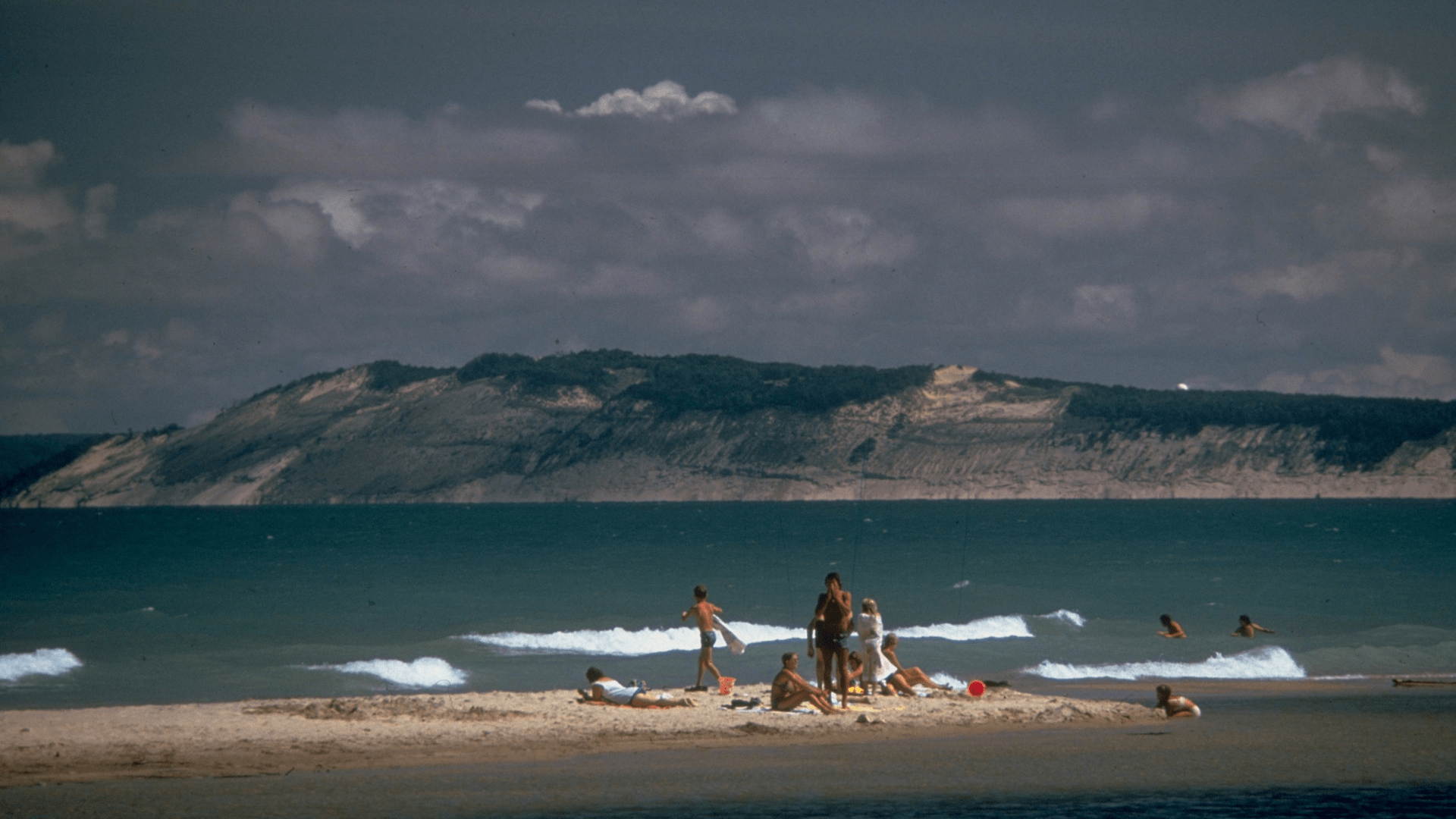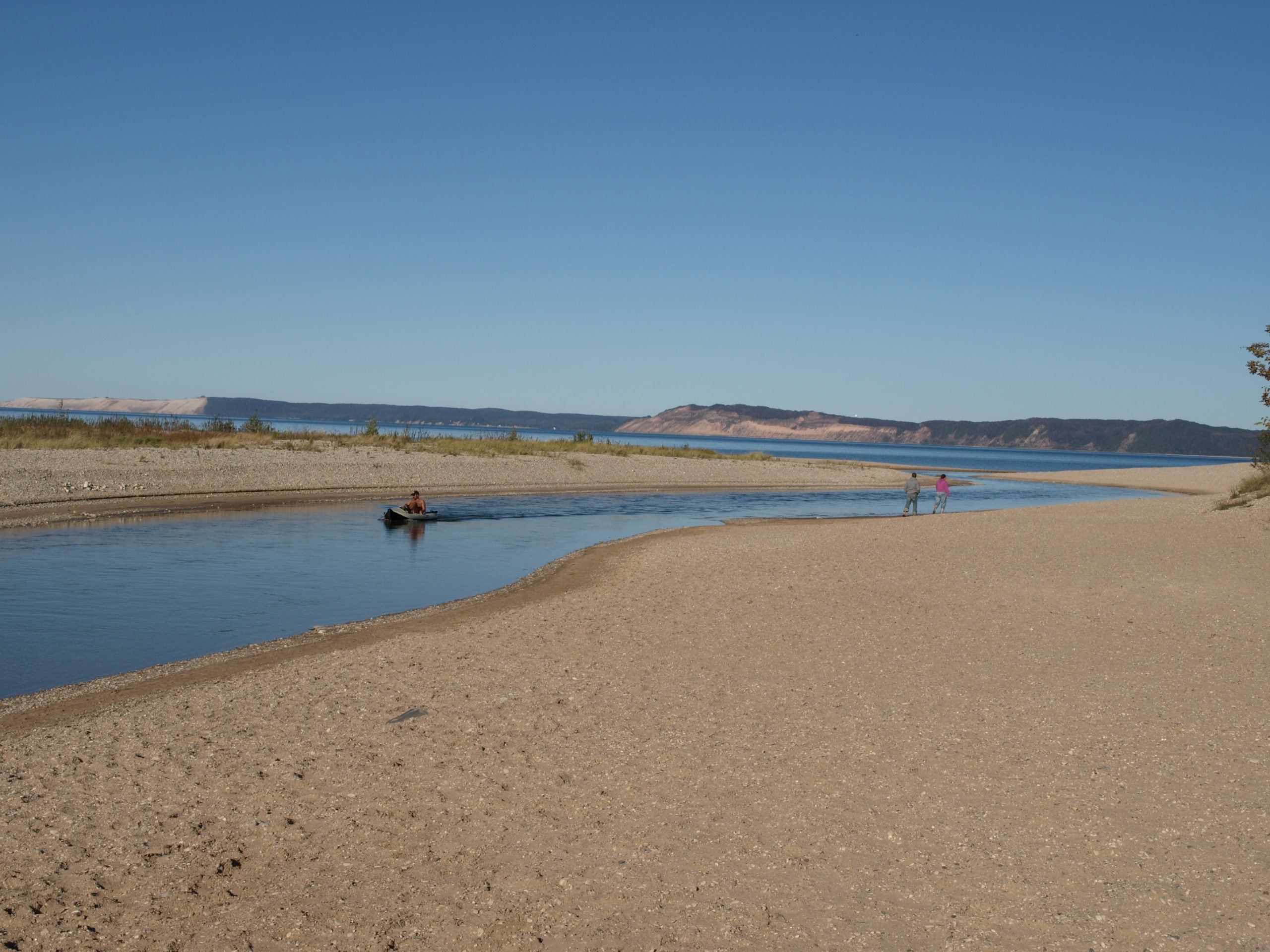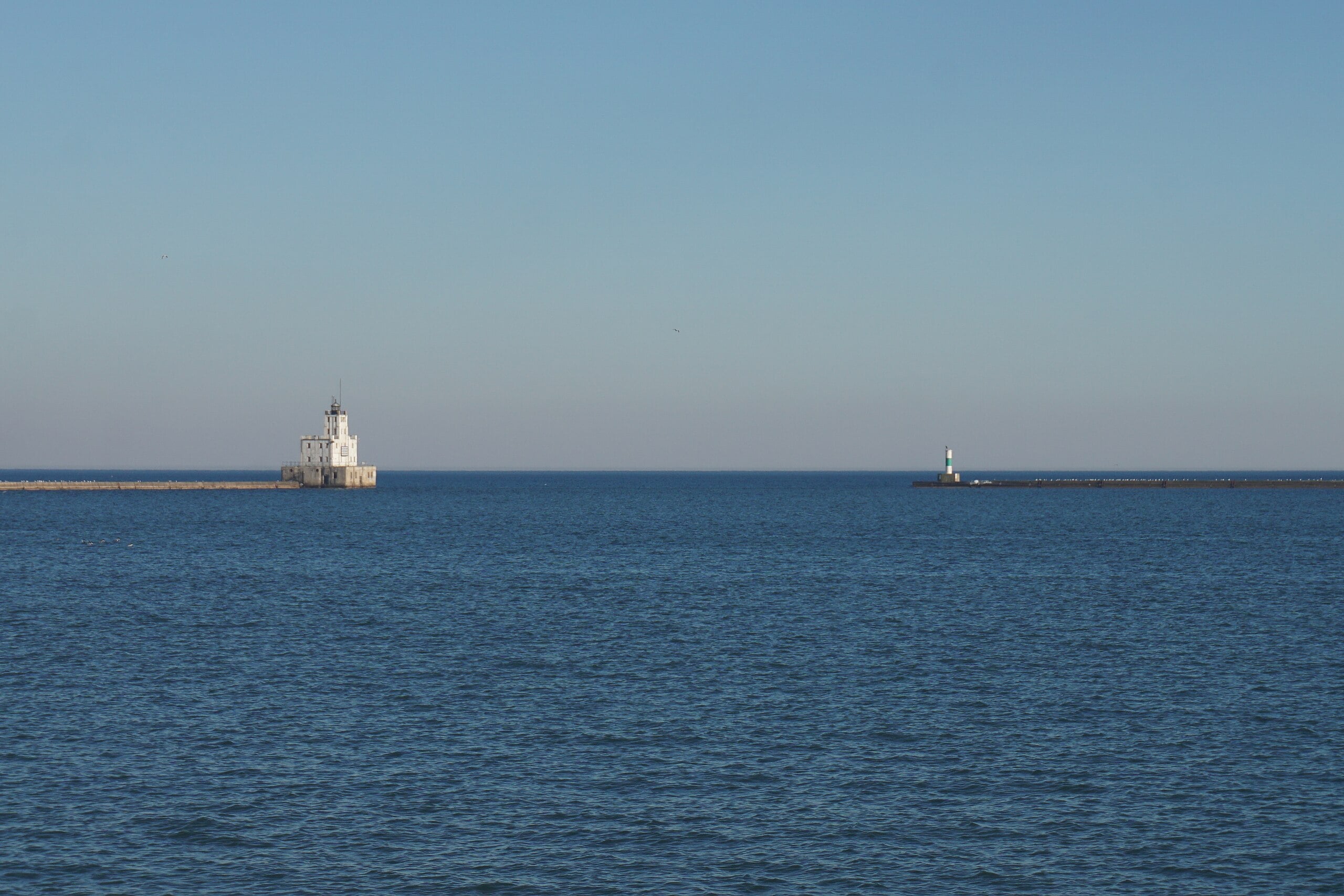A 63-year-old man named Andrew Howard from Frankfort, Michigan, was convicted on federal charges after manually diverting a national park river.
Howard diverted the Platte River through Sleeping Bear Dunes National Lakeshore to ease boat access on Lake Michigan. The conviction follows a trial that shed light on Howard’s actions and their impact on the national park’s ecosystem.
Fisherman Diverts Platte River by Hand

In August 2022, Howard took matters into his own hands by using a shovel to manually alter the river’s course.
He removed sediment and rocks from the river basin, constructing a makeshift dam with large rocks.
New Channel to Lake Michigan

This unauthorized diversion changed the natural flow of the river, creating a new channel that led directly to Lake Michigan.
The alteration significantly widened the channel, providing unauthorized access for large boats to enter Platte Bay. After several days, the natural power of the water caused the makeshift channel to grow to be about 200 feet wide.
What Was the Fisherman’s Motive?

During the trial, evidence revealed that Howard’s motivation stemmed from his inability to navigate his boat into the bay on the morning of the incident.
After creating the new channel, an influx of fishermen took advantage of the improved access conditions, leading to concerns about the ecological impact on Platte River.
What Happened During the Trial?

A range of witnesses stepped forward during Howard’s trial, including several park rangers and various happenstance bystanders.
One park ranger testified that “Howard dammed the river after being unable to navigate his boat into the bay that morning and later caught a coho salmon once the mouth was deepened.” Another presented receipts from a local hardware store showing Howard’s purchase of the shovel he used to dig the channel.
Legal Consequences for the Rogue Fisherman

In court, Howard faced charges of tampering and vandalism of a national park, both federal misdemeanors.
He was convicted and awaits sentencing, which could mean a maximum of six months in prison, a $5,000 fine, 5 years of probation, and mandatory restitution for diverting the Platte River. The charges underscore the seriousness of tampering with natural environments in federally protected areas.
Ecological Impact and Public Response

The illegal diversion had visible consequences, altering the landscape and causing financial and ecological harm.
The park ranger’s testimony highlighted the significant changes made by Howard, affecting both the river’s depth and the ease of access for large boats. While Howard had a policy dispute with the National Park Service (NPS), his actions were deemed unlawful and resulted in adverse effects on the environment.
Dispute Over Platte River Not New

The dispute over river flow is not unique to Howard, as local media reported that the state and NPS had a history of dredging the river every fall from 1968 to 2013.
This practice aimed to create an entry to the lake but faced criticism due to sediment deposition on the coast. The NPS had planned a $500,000 project to address this issue, but it is now on hold.
Some Believe the Illegal Diversion May Have Been Beneficial

Contrary to legal implications, some argue that the illegal diversion may have unintentionally benefited the river ecosystem.
Lowering upstream water levels, the diversion addressed oversaturated marshland and erosion caused by high water levels. Additionally, it provided a solution to public safety concerns by allowing easier access for rescue boats in a popular area for kayakers and beachgoers.
What the National Park Service Said

The Park Service strongly opposed Howard’s actions, impacting federal plans to enhance habitat for the endangered piping plover.
U.S. District Attorney Mark Totten emphasized the prosecution as vital for safeguarding Michigan’s “natural treasures.” Totten criticized Howard for bypassing lawful means in his policy dispute with the National Park Service, resulting in substantial financial, ecological damage, and altering the landscape.
Implications for the Future

The case raises questions about the balance between environmental preservation, public safety, and recreational activities in national parks.
While Howard’s actions were deemed unlawful, the ecological consequences and public safety improvements resulting from the river diversion add complexity to the situation. It remains to be seen how this case will influence future decisions regarding river management in federally protected areas.
The Conviction of Andrew Howard

In conclusion, the conviction of Andrew Howard serves as a reminder of the legal consequences individuals may face for tampering with natural environments in national parks.
The case prompts reflection on the delicate balance between preserving ecosystems, ensuring public safety, and accommodating recreational activities in these protected areas.
